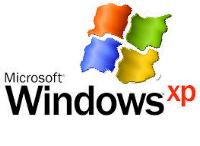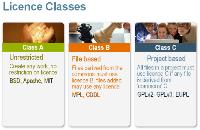I had reason to read the Register’s front page this morning and came across these three IT Security and e-voting gems. Firstly the New Zealand Government uses NSA surveillance tools to spy on the a number of APAC governments to help in their campaign to win one of the World Trade Organisation’s elected positions. Secondly the Australian ivote’s practice system has been compromised in such a way that cast votes can be infected. This project was lead by Vannesa Teague and Alex Halderman; Teague has previously spoken of the inherent weakness of [ei]-voting., not a fan it would seem. And thirdly, CISCO’s CTO gives up on security, or at leas that’s what the Register reports as a headline; the comments by Hartman, CISCO’s CTO are more nuanced but he definitely proposes that devices cannot be secure, and need to be monitored against change and current and future threats, and how do you do that in the home. …
More reasons to be doubtfull



